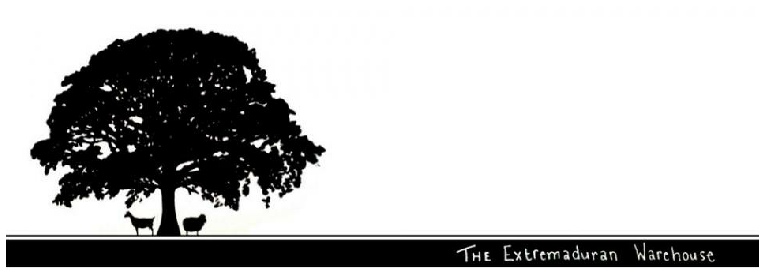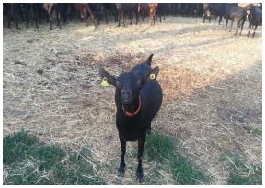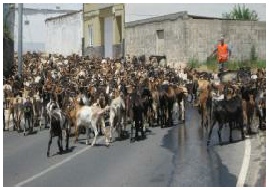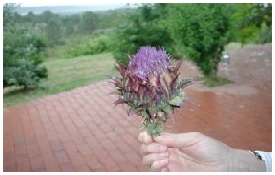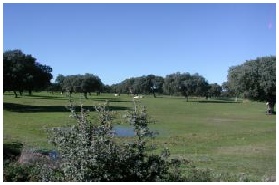Extremaduran Cheese
We import artisan cheeses from Extremadura, Spain. Extremadura is one of the last frontiers of Europe, twice the size of Wales, but only a million people. It is mostly covered with mountains, lakes, grassland and oak trees.
Shepherds, goatherds and Spanish mastiffs tend the flocks of Merino sheep and herds
of Retinto & Verata goats much as they have done since pre-
Some of the cheeses are made from pasteurised milk, others from raw milk. Several
cheeses use the ground seed of wild thistle (Cynara cardunculus) in place of animal
rennet. It gives them a subtle bitter taste. Many say this probably originated as
a way of making the cheese conform to Jewish and Muslim dietary laws. (It also makes
them suitable for lacto-
The sheep cheeses are products of large Merino sheep herds that have grazed the Extremaduran pastures since the time of Moorish invasion in the 8th century. The Merinos performed so well that they displaced the indigenous sheep. By the 17th century, after the expulsion of the Moors, the giant Merino herds fell under the protection of the crown. Merinos were not allowed to be exported from Spain for fear that other countries would compete with the Spanish wool trade.
The cheeses were a byproduct, made by the lonely shepherds who had to accompany the flocks from their summer pastures in the sierras down to the dehesa in the winter. The shepherds' tradition of cheesemaking is what we have to thank for todays wide range of sheep and goat cheeses.
Goats are found everywhere in Extremadura, browsing and grazing the wild flowers and flora. In the case of Ibores PDO, the goats range in the rugged and remote Las Ibores mountain region.
Wild Thistle
Some of the cheeses are coated in Pimenton de la Vera DOP (paprika) grown, smoked
and milled in La Vera, a region of extraordinary beauty in the north-
There is also evidence that the lactose in sheep milk is more tolerated than from other milk and certainly worth a try. Sheep milk contains considerably more of vitamins A,D,& E than cow or goat milk. The vitamin D load of sheeps milk is 0.18 g/ 100g against summer cow milk at 0.04 g/ 100g (British Nutritional Foundation). http://www.sheepcentre.co.uk/sheep_milk_facts.htm
